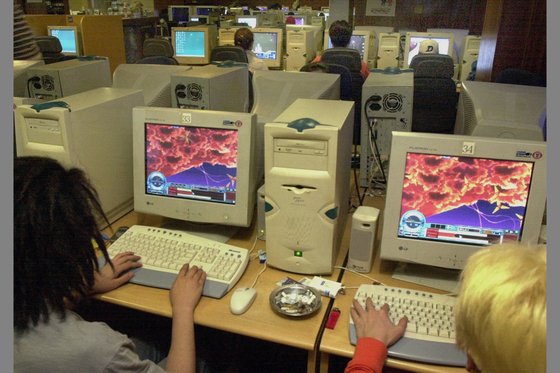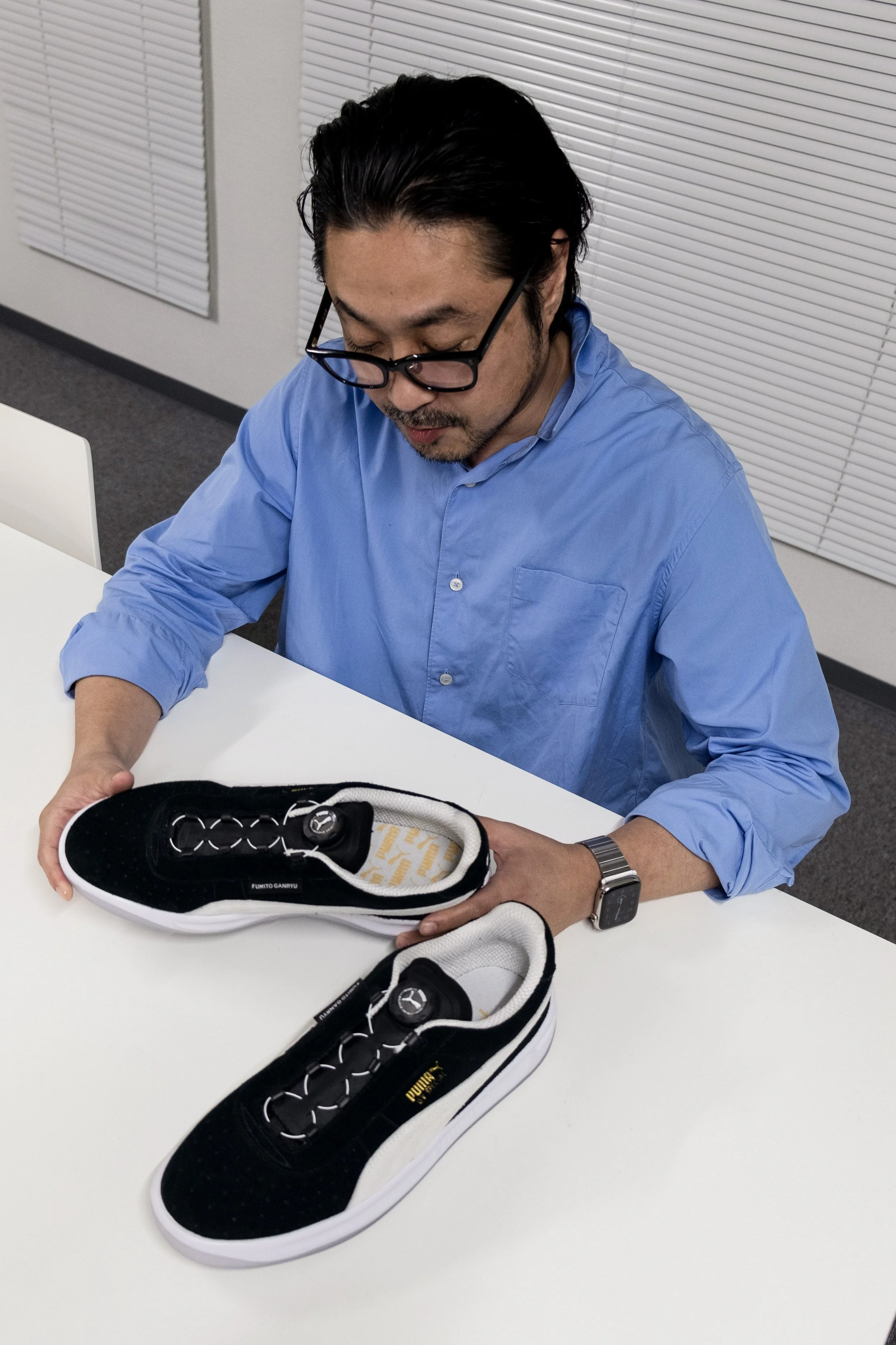The sabukaru Guide to Seoul's PC Room Culture

Seoul’s PC bangs (or PC rooms) are much more than just internet cafes—they’re cultural phenomena. Born in the late 1990s during South Korea’s internet boom, they’ve since evolved into gaming sanctuaries for all. A PC bang (Korean: PC방; lit. PC room) is South Korea’s version of an internet cafe, but levelled up. The origin of PC bang starts with '전자카페' ('Jeonja Kape', which literally translates to 'Electronic Cafe') in South Korea opened in March 1988, which was then closed in 1991.At the time, people were able to use two 16-bit computers, which were connected by a telephone line. However, it was only known to locals and not widely known, yet.
In the mid-1990s, PC rooms in Korea began as a blend of arcades and early internet cafes, primarily located in college areas. At first, these spaces were more focused on office tasks than gaming, since internet access was still rare in homes. However, this changed dramatically by 1998, when the release of games like *Starcraft* and *Lineage*, along with the introduction of ADSL high-speed internet, transformed PC rooms into popular gaming hubs.
This transformation was further fueled by Korea’s IT boom, which was supported by government policies following the 1998 IMF crisis. Many people, impacted by the crisis, turned to opening PC rooms as a low-capital business. President Kim Dae-jung’s push to develop the IT industry helped accelerate the spread of internet gaming.
Despite the rise of home internet access, PC rooms continued to thrive. They became central to Korea's rapidly growing gaming culture, offering not just online games but also social experiences. As esports tournaments, like *Starleague*, gained popularity, PC rooms evolved into more than just gaming centres—they became a key part of Korea's internet and entertainment landscape.
These gaming havens are everywhere now—you’ll spot one on nearly every street, marked with the glowing PC방 sign. Whether you’re here for a solo session or a group grind with friends, PC bangs offer high-end gaming rigs, ultra-fast internet, and cheap prices (about 1,000 KRW per hour).
Most PC bangs are open 24/7, turning them into a refuge for those who love gaming deep into the night. However, if you're under 16, there’s a catch: curfew kicks in at 10 p.m., and underage gamers have to head home.
PC bangs give off hardcore gaming energy. Think dim lights, glowing neon, and the click-clack of mechanical keyboards. Whether you’re a casual gamer or aiming to be the next esports pro, these places are where you live the game.
Most PC bangs offer a wide variety of games, from popular multiplayer titles like League of Legends and Overwatch to casual games like MapleStory. Patrons rent computers by the hour, with prices ranging between 1,000 to 2,000 KRW ($0.75 - $1.50 USD). The cost-to-experience ratio is incredibly appealing, making them affordable for students and young professionals alike.
Gaming is serious business, and PC bangs take food seriously too. With in-house restaurant permits, these spots offer more than just snacks—you can order full meals like ramen, fried chicken, or tteokbokki straight to your seat. Some even Sell Korean BBQ and sushi. The quality of food is so legit, some say it’s as good as your local restaurants. And did we mention bubble tea?
An extreme example of a PC bang is the T1 base camp. It’s filled with images and names of their League of Legends players, like Lee “Faker” Sang-hyeok, Choi “Zeus” Woo-je, Mun “Oner” Hyeon-jun, Lee “Gumayusi” Min-hyeong, and Ryu “Keria” Min-seok. On game days, you can watch their League of Legends and Valorant matches on large LED screens.You can also find official T1 merchandise at their store, along with consoles, games, and other gaming-related items in the Elite Zone and Premium Zone. The space includes an esports zone for event matches, a T1 lounge, and a photo booth.
PC Bangs have had a profound impact that goes beyond just their physical locations. They've been crucial in the emergence of eSports in South Korea, helping the country become a leader in the global gaming industry. Their high accessibility and affordability have democratised gaming, turning it into a widely enjoyed activity among various age groups and social classes.























